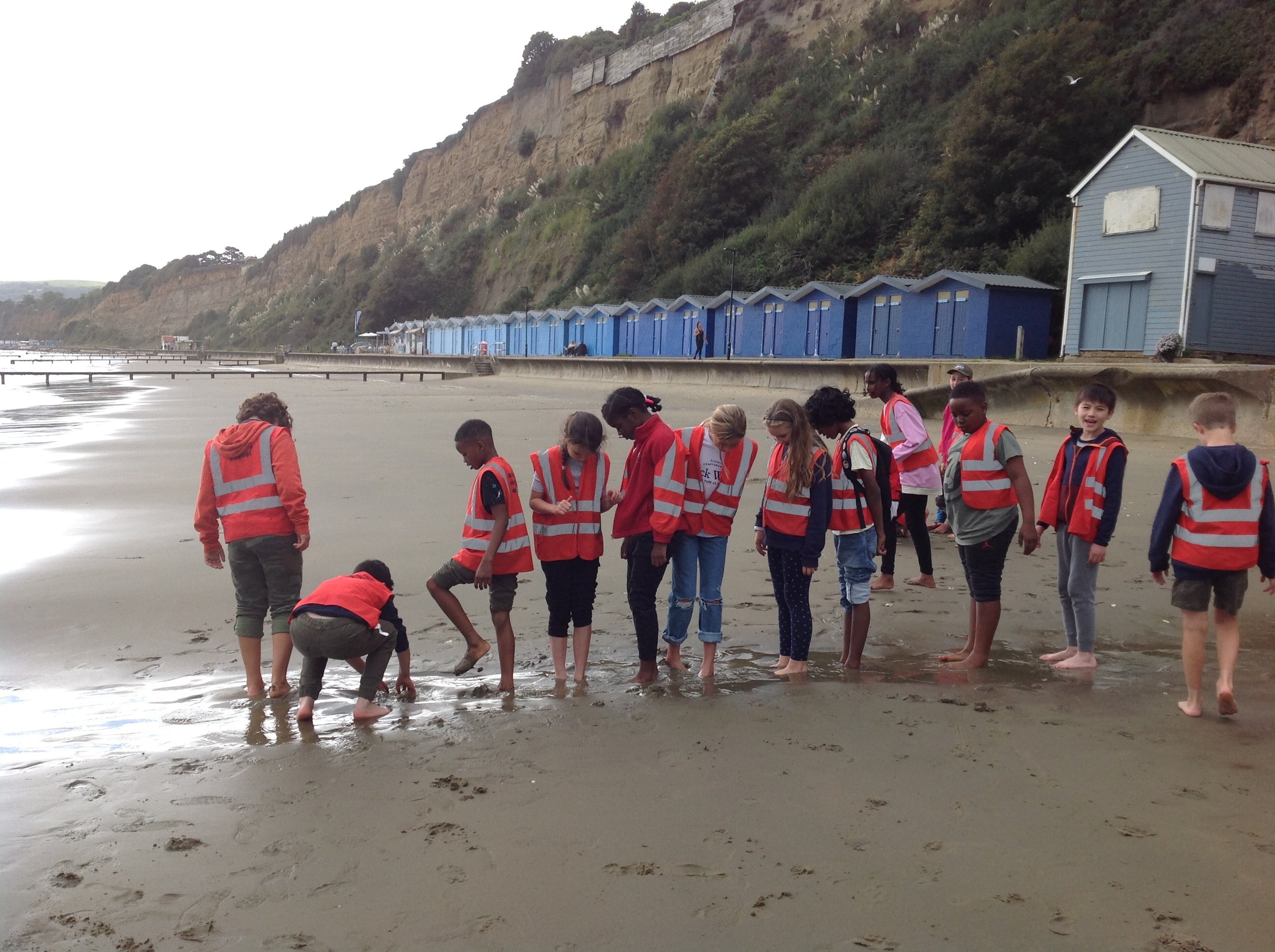
Geography
An enquiry based approach
We know the empowering nature of geography and its importance as a subject in its own right. At Hotham, Geography helps our pupils to understand their world, their role in it and the responsibilities that come with it. Geography is taught through our Hotham Projects, but our geography curriculum is bespoke and teaches the breadth of knowledge set out in the national curriculum.
Intent: Vision and Philosophy of Geography
Our intent is that our geography curriculum ensures that children leave Hotham with:
A well-rounded knowledge of both local and worldwide geography
Contextual knowledge of the location of globally significant places around the world
A good understanding of key geographical vocabulary and processes
A developed confidence in fieldwork; opportunities to have collected and analysed a range of data
An understanding of how to use sources of geographical information, including maps, diagrams, aerial photographs and Geographical Information Systems (GIS)
The ability to show geographical information in a variety of ways, including through maps, numerical skills and pieces of writing
Implementation: What does Geography look like at Hotham?
Pupils’ geographical education begins in the early years and builds year on year. In EYFS, geography is taught through the ‘people, culture and communities’ and ‘natural world’ strands which set out identifiable geographical knowledge that children are to learn. They also begin to acquire some of the geographical vocabulary that they will build on as they move through Hotham. When pupils reach Key Stage 1 and 2, Geography is taught through Hotham Projects. Our Projects are carefully curated so that pupils learn concepts within a context and are able to make links where appropriate.
In Years 1-6, children embark on a termly Hotham Project; two of the three projects contain a geography unit. Geography is taught discreetly so that it maintains it’s integrity as a valuable subject and is never diluted. Geography knowledge organisers for each term (unit) are sent home and used during lessons - these reflect the key learning children will embark on and the knowledge pupils are expected to know at the end of the unit.
The geography curriculum is structured around six key strands:
Locational / Place Knowledge
Global Understanding
Human and Physical Geography
Mapwork
Fieldwork
Communication of Ideas
Every year group builds upon the learning from prior year groups to ensure a depth of understanding and progression of skills. A range of geographical resources is used to support learning including atlases, aerial photography, digital mapping sites and diagrams in the classroom.
Within the fieldwork component, an enquiry question is generated, in KS2 children should be part of the process of deciding on the enquiry question and discussing how data will be collected in order to answer it. Fieldwork should include either an outdoor investigation in the school grounds or a local trip. This allows children to gain a range of skills that are difficult to develop in the classroom alone and understand the practical reality of the world around us.
Impact: Evidence and Assessment of Geography
Across the school, pupils’ books demonstrate the wide breadth of the geography curriculum and demonstrate an acquisition of identified key knowledge and skills relating to each strand. This is shown in their completion of geographical tasks, photos when applicable and their written explanations. Children’s attainment in geography is assessed twice a year by the class teacher, which is informed by a number of different formative assessments.
Observations during lessons - children should be confident to independently complete their geography tasks, using geographical vocabulary in their writing as well as verbally and using geographical resources such as an atlas without support.
Pupil voice - children are expected to articulate their learning in this subject using their knowledge organisers and encouraged in class/partner discussions each lesson to use new vocabulary and explain new processes. This is regularly assessed by the class teacher as well as Senior Leadership Team.
Work scrutiny - work in books is clear and organised, with clear learning objectives being met by the children independently. Books are moderated and scrutinised both within the phase or whole staff meetings to provide an opportunity for a dialogue between all class teachers to feedback to one another.
Retrieval activities - children take part in quizzes and activities using the knowledge organisers to assess what knowledge they have retained. Including making use of a 15 minute timetabled ‘Retrieval’ slot to revise geographical knowledge.
Geography Overview
Please see an overview of our Geography curriculum below.

